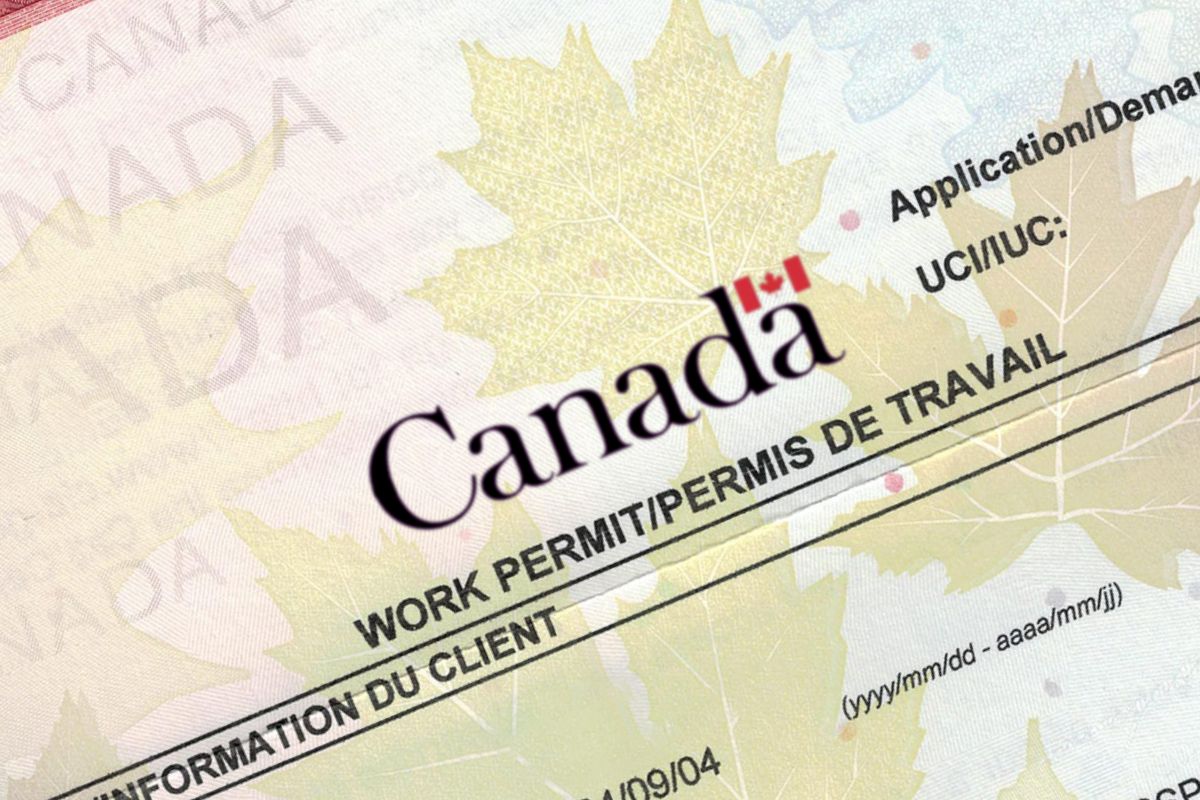Canada is experiencing a massive backlog of work permit extension and post-graduation work permit (PGWP) applications. To address this challenge, Immigration, Refugees, and Citizenship Canada (IRCC) is expanding the use of automation technologies to fast-track the processing of these applications.
Fast-Track PGWP and Work Permit Extensions
The fast-track process is designed to reduce the processing time for a work permit extension and PGWP applications by up to 80%.
This will be achieved by using automated tools to perform tasks such as sorting and assigning applications, assessing applications for eligibility, and identifying routine applications for streamlined processing.
The fast-track process is currently in the pilot phase, but it is expected to be rolled out to all applicants in the coming months.

IRCC’s Automated Tools: A Breakdown
These tools fulfil two primary functions, revolutionizing the way applications are handled:
1. Sorting and Assigning Applications
Clerical Tasks Simplified: Automation handles time-consuming clerical and repetitive tasks, allowing immigration officers to concentrate on assessing applications and making final decisions.
Streamlined Categorization: Applications are categorized based on rules established by IRCC officers, aligning with legislative and regulatory criteria. This categorization directs files to the most suitable officers for further processing, based on their office’s capabilities and expertise.
2. Assessing Applications for Eligibility
Streamlining Routine Applications: The eligibility function identifies routine applications that are eligible for streamlined processing.
Admissibility Assessment: While reviewing an application, the automated tools assess whether it falls into the routine category and determine the applicant’s eligibility for a work permit extension or PGWP, based on criteria developed by IRCC officers.
Subsequently, the application is sent to an officer for a final assessment of the applicant’s admissibility to Canada.
What are the benefits of using automated tools?
Automated tools can help to reduce the processing time for work permit extensions and PGWP applications. This is because automated tools can perform tasks such as sorting and assigning applications much faster than humans can.
Additionally, the automated tools can identify routine applications for streamlined processing. This means that these applications can be processed more quickly than more complex applications.
What are the risks of using automated tools?
One of the risks of using automated tools is that they may make biased decisions. This can happen if the automated tools are not programmed correctly or if the rules and criteria that they are based on are biased.
Additionally, there is a risk that automated tools may make mistakes. This is why it is important to have human oversight of the automated tools that are used to process work permit extensions and PGWP applications.
How is Canada mitigating the risks of using automated tools?
IRCC is committed to the responsible development and deployment of data-driven technologies, adhering to privacy requirements and human rights protection.
In line with this commitment and the Canada Treasury Board Directive on Automated Decision-Making, an algorithmic impact assessment (AIA) has been conducted to evaluate the tools used for work permit extensions and PGWP applications.
The AIA categorizes the systems’ impact level as moderate, and various measures are in place to mitigate potential risks. These measures include assessments for potential discriminatory impacts, incorporation of privacy and security elements into the tool’s design, and the ability of officers to override the tool’s decisions.
Conclusion
By harnessing cutting-edge automation and maintaining a commitment to responsible technology deployment, Canada is set to expedite the processing of PGWP and work permit extensions, while also continuing to welcome a diverse array of new permanent residents, particularly from India. These measures aim to benefit both applicants and Canada’s immigration system as a whole.
Follow and connect with us on Facebook, Twitter, LinkedIn, Instagram and Google News for the latest travel news and updates!





